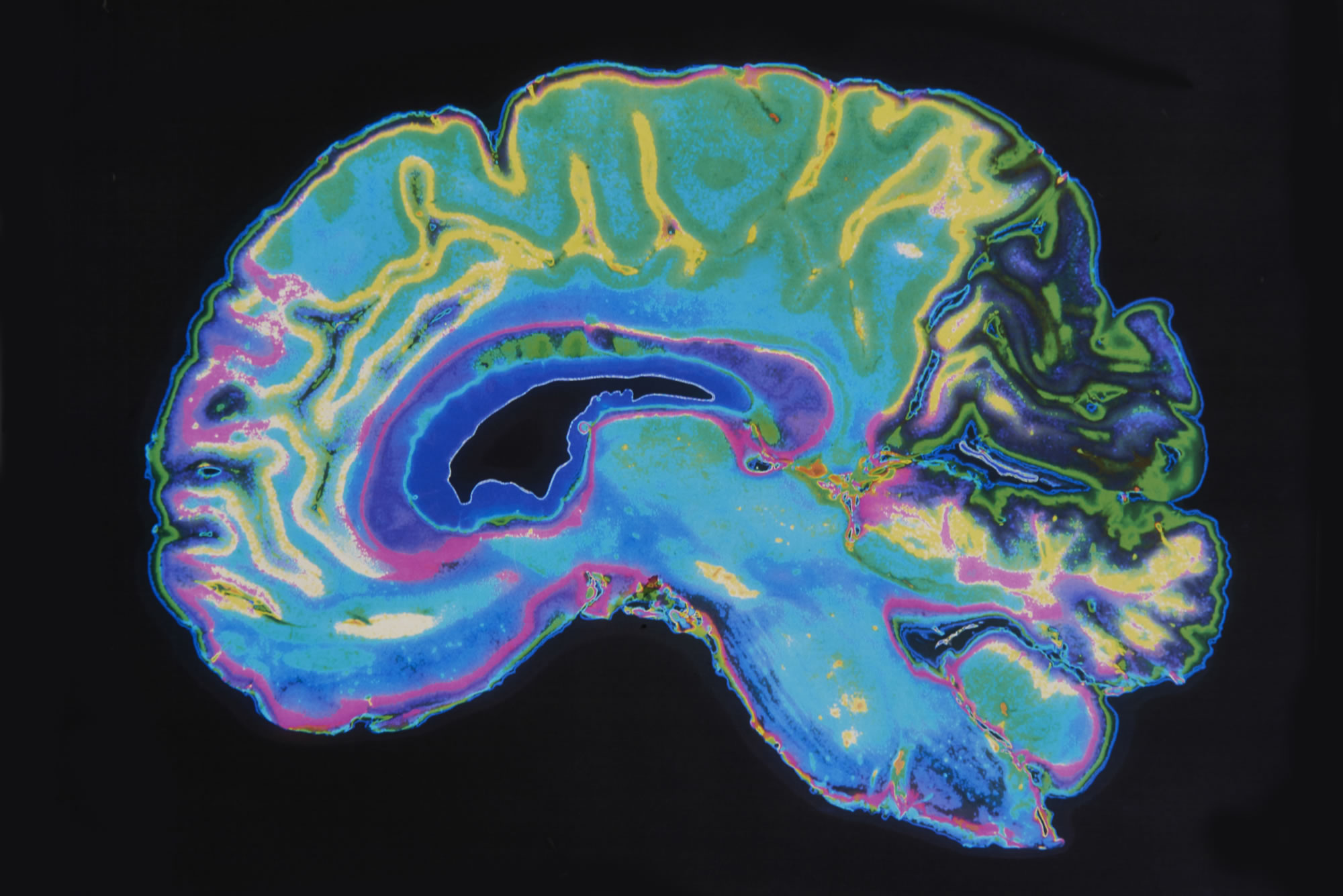Concussions are mysterious to many of us but medical science is getting better at understanding how to test, treat, and aid recovery from them. Here are three recent breakthroughs you should know about – two of them from right here in Canada.
New blood test for concussions
A Canadian team of researchers have made a major discovery in how to identify and diagnose patients with a concussion. The answer may be in your blood. The team has found a blood test that they claim has a 90 percent rate of accuracy.
Currently, concussions are diagnosed by medical imaging technology or a complex list of observations and physical tests. A blood test, though, would simplify the process and enable medical professionals to diagnose and treat concussions faster.
The blood test measures metabolite levels in the blood. These leave chemical fingerprints that can tell what’s happening in the brain. While it’s not the first time researchers have looked to blood tests to try and diagnose concussions, this is one of the most promising findings for early detection.
Blood protein a measure of severity
If you’ve ever had a concussion, you know it can be both a painful and confusing experience with a long and unpredictable recovery ahead. Researchers in New York State have discovered that, once again, our blood can help determine the severity of the concussion with a view to predicting recovery time.
In a study of concussed athletes, they discovered that a higher level of the brain protein tau in the blood can lead to a longer recovery period. Tau is a protein found in the human body and is linked to brain cell damage. Higher levels in the blood indicate a more severe injury.
In the test group, the athletes with high levels took longer than 10 days to return to play while those with less got back sooner. While more research is needed, the results have researchers hopeful that measuring tau proteins in the blood can help with diagnosing the severity of a concussion and predicting a patient’s recovery time.
Light exercise can help recovery in kids
Another Canadian team has found light exercise may help some concussed kids recover faster. Resting and slowing down have been common treatments for concussions, but researchers in Ottawa have found that light physical activity can help mend some young brains.
Looking at over 3000 youngsters ages 5 to 18 who were treated for concussions, the team found that those who did some light physical activity in the first week after their injury saw faster improvements than those who did not. For those restricted to bed rest, nearly half (44%) continued to show symptoms a month later, while a quarter of those who were out doing light walks, swimming, or stationary cycling reported fewer lingering symptoms in the same time frame.
Certainly, if a child has suffered a concussion as a result of sporting activity, he or she should be pulled from play, but it is promising to see the positive impact of light exercise on their recovery.
For more information
- Western University researchers develop concussion blood test with 90-per-cent accuracy rate, Globe & Mail
- Blood protein may serve as marker of concussion severity, Medical News Today
- Exercise may help concussed children recover faster, CBC Ottawa
Don’t let an injury put your life on hold. Contact us today to discuss how our team can help with your recovery.







